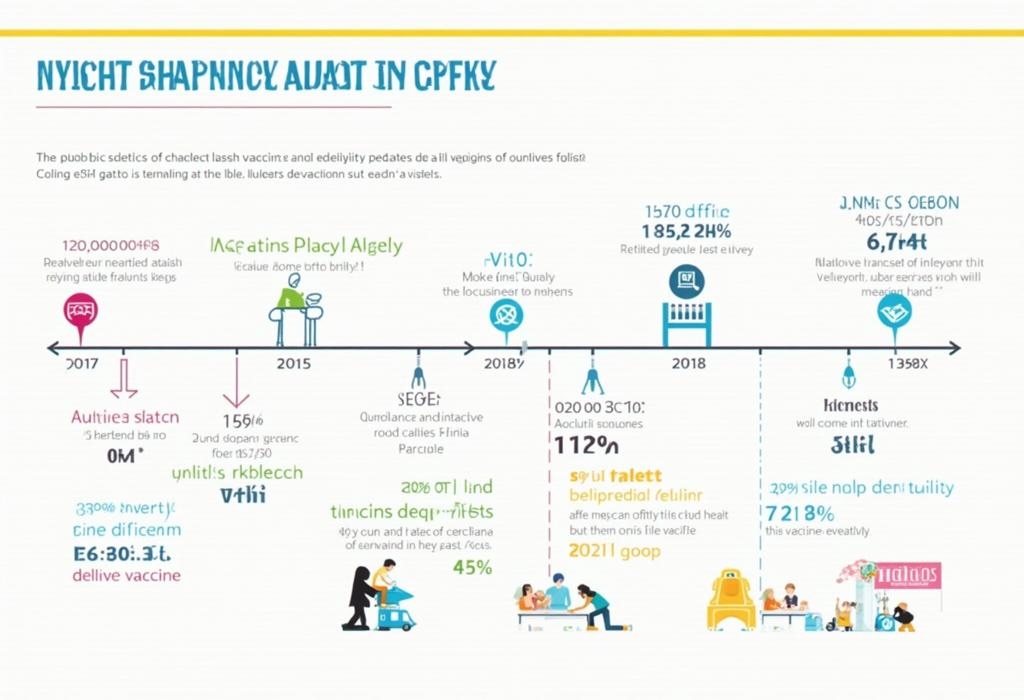The Truth About Vaccination and Autism
Understanding the Relationship Between Vaccines and Autism: Myths and Facts

Frequently Asked Questions
Extensive research and reviews by major health organizations, including the CDC and WHO, have consistently found no causal relationship between vaccines and autism. The original claims have been entirely discredited by numerous studies.
Misinformation can lead to vaccine hesitancy, resulting in lower vaccination rates. This decline can cause outbreaks of preventable diseases, ultimately endangering public health, especially for those who are unable to be vaccinated.
Step by Step Guide
1
Introduction to Vaccination and Autism
Begin by discussing what vaccinations are, their purpose, and how they function in protecting against infectious diseases. Explain the concern surrounding vaccines and autism, including the origins of these fears and the importance of public health.
2
Understanding Autism Spectrum Disorder (ASD)
Define autism, its symptoms, and how it is diagnosed. Discuss the structure of the autism spectrum, explaining how it affects individuals differently and the age range at which symptoms typically appear.
3
History of Vaccine-Autism Claims
Analyze the pivotal moment in the late 1990s when a paper associated the MMR vaccine with autism. Detail the retraction of the paper and the impact it had on public perception.
4
Scientific Research on Vaccines and Autism
Review a range of peer-reviewed studies and major health organizations, including the CDC, WHO, and NIH, that conclude there is no link between vaccines and autism. Highlight the extensive research conducted on this topic.
5
The Role of Misinformation
Explore how misinformation spreads, the role of social media, and its effects on vaccine hesitancy. Discuss the impact of celebrity endorsements and personal stories on public opinion.
6
The Importance of Vaccination
Discuss herd immunity, the resurgence of diseases due to declining vaccination rates, and the vital role vaccines play in protecting vulnerable populations.
7
Addressing Concerns About Vaccine Safety
Outline the vaccine development process, including safety testing and monitoring. Address common concerns parents may have about vaccine ingredients and side effects.
8
Personal Stories from Families
Share testimonials from families who have been affected by vaccination-preventable diseases and from those who have children on the autism spectrum, reinforcing the need for factual understanding.
9
Public Health Initiatives
Investigate current public health campaigns aimed at promoting vaccinations and debunking myths surrounding vaccines and autism.
10
Conclusion and Call to Action
Summarize key points, emphasizing the importance of staying informed, consulting healthcare professionals, and understanding the facts about vaccines and autism.








